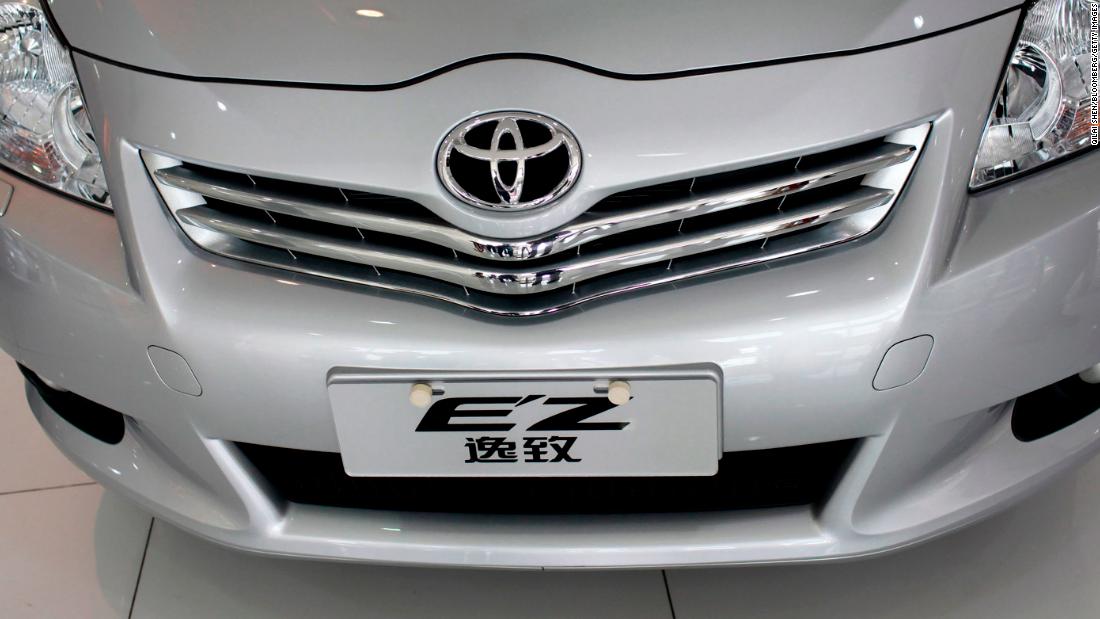Sales of Toyota vehicles surged 86 per cent in China, the company's largest market, which accounted for 20 per cent of its total vehicle sales during the period. The Japanese carmaker has also benefited from strong demand in Thailand and other markets in the Southeast Asia region, where sales have improved by 113 per cent. Furthermore, Toyota's production in Asia has ramped up by 45 per cent, and it has been able to utilise its production capacity efficiently, overcoming the challenges from the pandemic.

Toyota's sales have been bolstered by its achievements in green technologies, as the company is known for its expertise in hybrid vehicles. Recently, Toyota has launched new models of its hybrid cars, which have been warmly welcomed by the Chinese consumers. Toyota's updated hybrid version of the Corolla compact hatchback and Levin models are up 44 per cent, accounting for 16 per cent of sales in China.
However, the picture is less rosy for Toyota in the US, the company's second-largest market. The sales of Toyota vehicles in the country have been lower than the expectations, negatively affected by the semiconductor chip shortages and other pandemic-related disruptions. Moreover, the rise in COVID-19 cases in the US has also impacted customer buying behaviour, with many consumers opting to delay their new vehicle purchases. Toyota's sales in North America slumped 11 per cent, and its production decreased by 22 per cent in the April to June period.
Toyota is not alone in facing the challenges of semiconductor shortages. Many of its competitors have also been forced to cut production and sales targets. The shortfall of semiconductor chips has impacted the automobile industry globally, particularly the production of cars with advanced features. However, Toyota has been weathering the semiconductor shortage better than its rivals, as the company has deep-rooted relationships with its suppliers, including the chipmakers. Toyota has been working closely with its suppliers, increasing the lead time for ordering chips, and prioritising the production of its best-selling models.
In addition to the semiconductor shortage, Toyota has also been grappling with increasing competition from new entrants in the automobile industry, such as Tesla and Chinese automakers. Toyota has been slower to develop electric vehicles (EVs) than its rivals, such as Tesla and General Motors. However, the company has recently unveiled its plans to introduce a portfolio of 15 battery EVs by 2025, offering a range of vehicles, including sports cars, SUVs and commercial vehicles.
In conclusion, Toyota's quarterly financial results showcase its resilience and agility in navigating through the challenges of the pandemic, semiconductor shortage, and increasing competition. Toyota's strong sales in China and Southeast Asia have helped to offset the weaker performance in North America, and the company's leadership in hybrid technologies and its close relationships with suppliers have been key factors in overcoming the supply chain disruptions. With its plans to launch a range of battery EVs, Toyota is also positioning itself for growth in the evolving and highly competitive automobile industry.